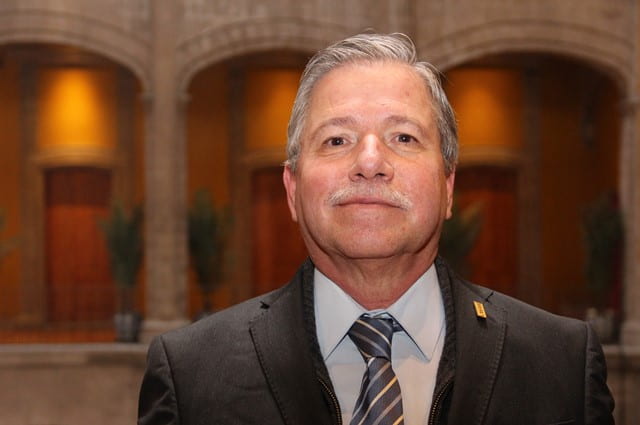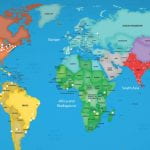Author: David Fernandez, S.J., Executive Secretary of AUSJAL
Violence against women, as well as homophobia, is a social and public health problem in México and various parts of the world. Almost half of the women in this country have experienced some type of harassment and violence because of their gender; the number of femicides has increased dramatically, reaching ten daily murders of women in Mexico.
Violence is due to multiple factors, but it intensifies when the sociocultural context justifies, promotes, or tolerates it. And this is where the responsibility of civil society, schools, teachers, the media, and the family comes in. This evil thrives due to the inequality and exclusion caused by cultural, economic, and social considerations that place members of specific sectors as people of lesser value: women in relation to men, and homosexual and transgender people in relation to heterosexual and cisgender people.
Gender equality and equity are learned, like so much other knowledge, in the early years of our lives, in our homes, in society, in churches, and in schools. Gender equality and equity should already be a way of life, an ordinary way of conducting oneself in daily life, not a particular subject or an isolated area in schools, institutions, and universities. It has to be a way of life.
From pre-school education and in the family, we have to educate in practice for equality. Inferiority and superiority between genders are inculcated from childhood. In schools, through the hidden curriculum, gender mandates begin to be inculcated. Sexism, discrimination, and abuse constitute cultural violence that is learned from early childhood, and that sustains various forms of direct violence.
I recently read a Spanish educator comment, Manuel Cáceres, who said: “If a child does not read at home, he does not learn to read. You learn to play the guitar by playing the guitar. So it is with equality.”
Education for equality, non-discrimination, and peace is fundamental to counteract the naturalization and normalization of childhood violence. The educational process allows us to unlearn these prejudices and aggressive behaviors, to learn to value and respect those who are different, to avoid violence, as well as to resolve and transform conflicts through dialogue and negotiation.
On the other hand, textbooks and teacher training on gender issues, as well as on the prevention of gender violence, are also fundamental given the impact they have on the transmission of knowledge and attitudes within the classroom. In recent research conducted in the state of Querétaro by Paulina Latapí MA, from the Universidad Autónoma de Querétaro and the Coordinator of the Gender Affairs Program of our Jesuit institution, Universidad Iberoamericana Ciudad de México, in which 70 teachers participated (approximately 48% women and 52% men) from the 18 municipalities, who teach third grade of secondary school in various subjects, It was found that 60% of the teachers consider that the National Textbook for education (mandatory in all schools) is used predominantly in the classroom, 41% consider it an important support material for classwork, 27% consider it an addition, 15% an informative resource, 13% a guide to follow and 4% support for evaluation. In conclusion, it has a very relevant role in children’s education. But it was also found that 85% of female teachers and 76% of male teachers think that women’s participation in society and science should be highlighted more.
Each person who educates must reflect on the following: What kind of people do we want to form for the future in our schools and universities? What kind of society are we betting on with the education we are giving to our children and youth? Do we ourselves conceive all human beings as equal in dignity and rights?
writer’s Bio:





Lingfeng says:
Naturally, most women’s strength is less than men’s, so women are always scared of strange men. When women are alone, they much more care about their safety, and they will pay attention to strangers’ actions. For example, a woman and a man go into a small elevator, and they don’t know each other. The woman will go to a corner and look the man out of the corner of her eye to make sure he will not hurt her. This is also a part of education in women’s life. They are always told from childhood that being careful about strangers, or don’t go outside alone in the evening. Some people think women are thinking too much, but women prefer to think too much just in case.
May 1, 2021 — 4:08 am